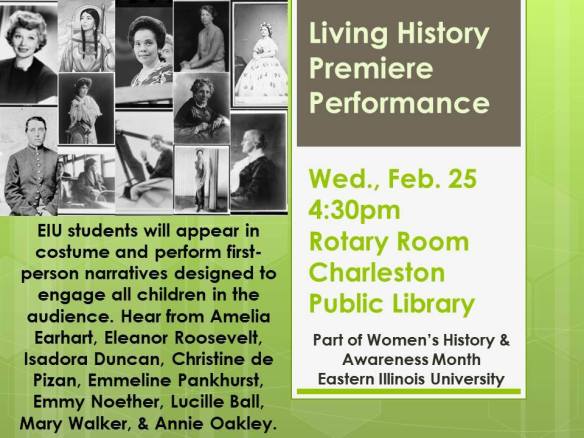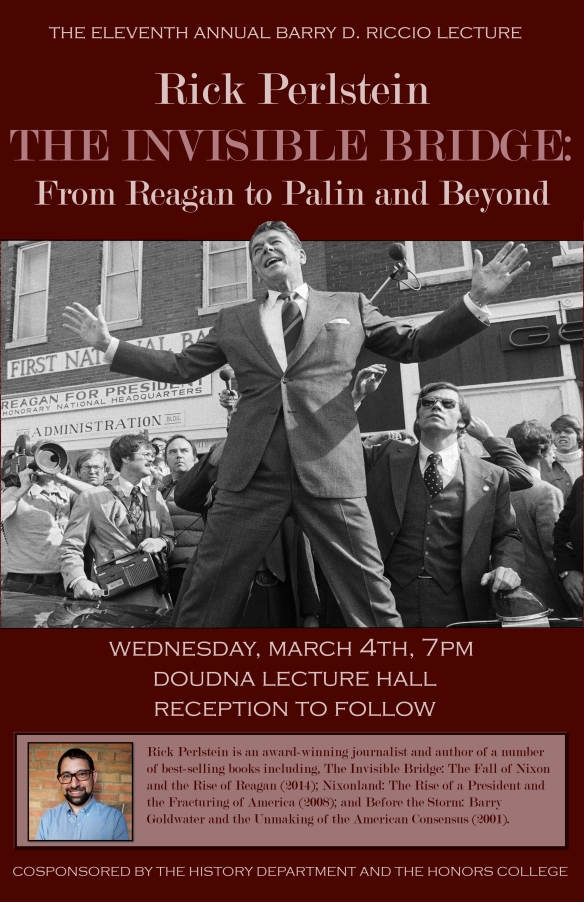The History Department’s 3rd annual History Careers Day will take place on Friday, February 20 at Booth Library, room 4400. Please click here to register for the event and scroll down to read about each session.

2015 History Careers Day
Schedule of Events
10:00-10:50 am: Keynote Presentation: What Employers Want: Selling Yourself and Landing a Job
Come hear advice from the other side of the interview table. Our keynote presenter, Angela Scalpello, has worked for years as a senior human resources executive at major firms in New York City and San Francisco. She will be sharing her considerable interviewing and hiring experience as someone who understands the skills historians bring to the job market.
11:00-11:50 am: Alumni Panel: History and Career
Wondering what to careers are out there for historians? Come hear alumni and current students talk about how they are using their history degrees.
Presenters: James Willaert (Wade House Historic Site, Greenbush, WI) Jeffrey Lange, JD (Illinois State University), Emily Mcinerney (senior history major, EIU), Zachary Samples (College Student Affairs Graduate Program, EIU), Bobbi Kingery (Career Counselor, EIU)
12:00-12:50 pm: Lunch and Alumni Panel: Teaching (And Loving It)
Wondering about teaching as a career? In this session, alumni and faculty share their experiences teaching in a variety of settings—public school, private school, community college.
Presenters: Jarrod Taylor (Next Generation School), Austin Alexander (Lawrenceville High School), David Seiler (Lake Land College), Dr. Bonnie Laughlin-Schultz (Eastern Illinois University)
1:00-1:50 pm: Grad School Confidential: True Tales From Faculty and Students
Curious about grad school? Wondering if you should go, but can’t make up your mind? Come hear faculty and current graduate students discuss the joys (and challenges) of MA and PhD programs.
Presenters: Dr. Terry Barnhart, Dr. José Deustua, Dr. Lynne Curry, Diane Hall, Kimberly Jones



 Day on Friday, February 20.
Day on Friday, February 20.
















